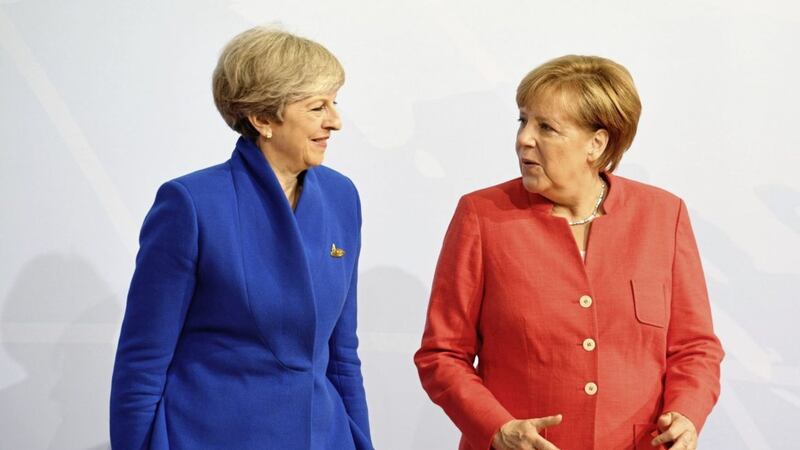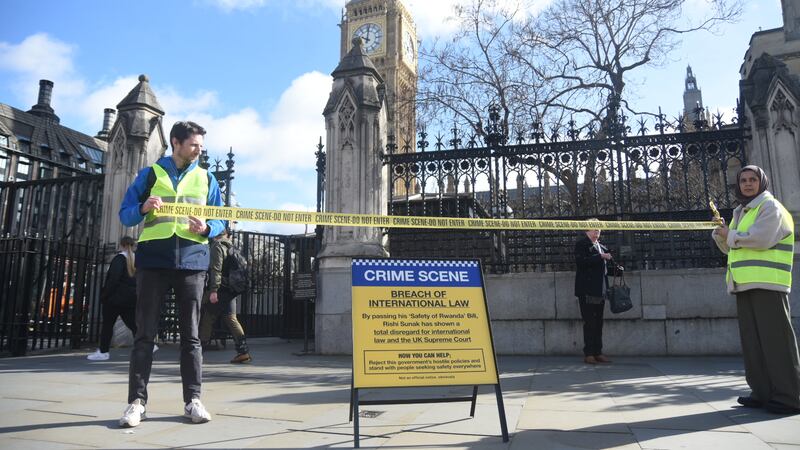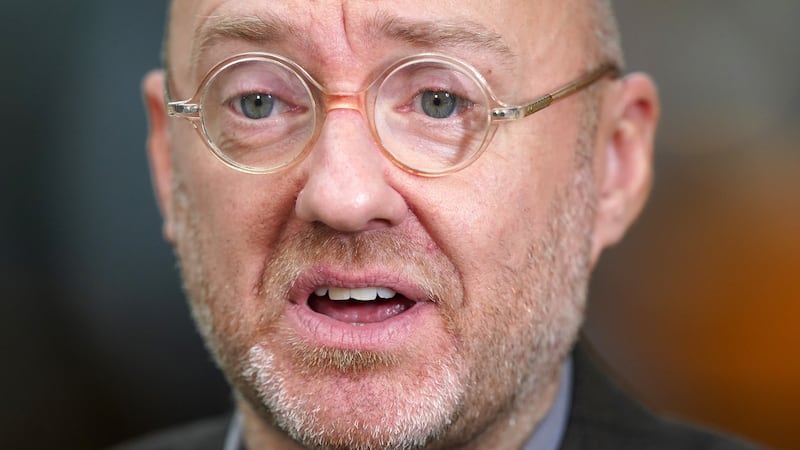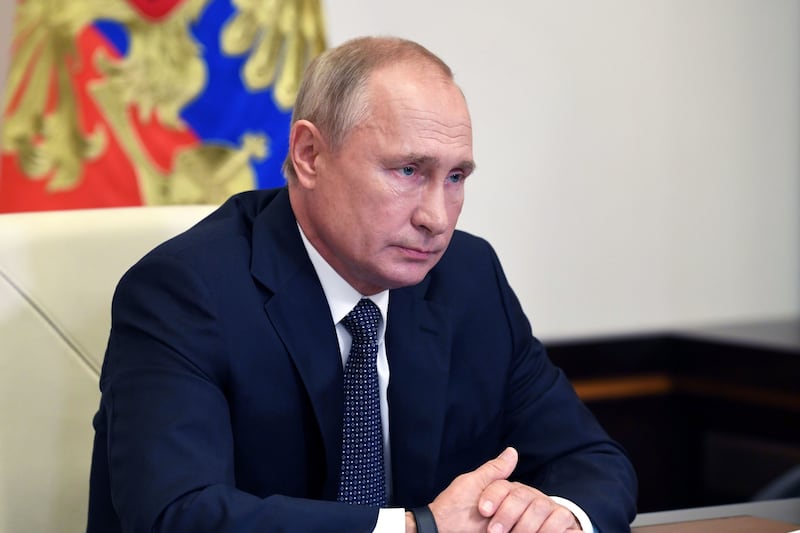German chancellor Angela Merkel said she is "curious" about the UK's approach to Brexit as she held talks with Theresa May.
Mrs Merkel insisted she was not "frustrated" by the lack of detail in the UK's position on the future relationship it wants with the EU but wanted to know more about Mrs May's plan.
The British prime minister, speaking alongside the German leader following talks in Berlin, said she wanted a "bold and ambitious partnership", but it was not a "one-way street" as EU firms also stood to benefit.
But Mrs Merkel – who said Germany deplored the UK's decision to leave the EU – insisted that there could still be a close relationship and "this does not mean that it needs to be cherry-picking".
"We basically have not changed our stance on Britain leaving the European Union," she said.
"We deplore it, but we want to adopt a constructive position because we want to have as close as possible partnership with Britain even after leaving the European Union both economically and politically."
She added that the Brexit deal needed to strike a "fair balance" but would be different to the full benefits of membership of the single market, something the remaining 27 EU members would closely assess.
"We as 27 will be very carefully vetting that process to see to it that it is as close as possible but that it is different to what Britain currently has as a member – which is what they want and what the British people want but this does not mean that it needs to be cherry-picking."
On Wednesday, a spokesman for Mrs Merkel said the British needed to come forward with concrete proposals, adding that "time is running out".
It followed reports she had mocked Mrs May's negotiating approach at last month's World Economic Forum at Davos, complaining every time she asked her want she wanted, the prime minister replied: "Make me an offer."
But standing next to Mrs May, the German leader said: "I'm not frustrated at all. I'm just curious how Britain envisages this future partnership."
Mrs May, who will speak in Munich on Saturday about her plans for a close security relationship with the EU after Brexit, said the British government would set out more about its plans for the economic partnership "in the coming weeks".
The next round of Brexit talks in Brussels will begin on Monday with the "immediate goal" of agreeing the transition period for when the UK leaves the bloc in March 2019.
"We have referred in our discussions to the UK's vision for a bold and ambitious economic partnership once the UK leaves the European Union," she said.
"I want to ensure that UK companies have the maximum freedom to trade and to operate in German markets and for German businesses to do the same in the UK."
But, in an indication that she wanted movement from EU leaders, she said: "It isn't just a one-way street. I think that's what's important.
"Actually, I want a future economic partnership that is good for the EU – is good for Germany, is good for the other remaining members of the EU – and is good for the UK."
On the issue of the Irish border – one of the main stumbling blocks in the process – Mrs May insisted there would be no return to a "hard border" and that there were various ways the issue could be addressed.
"As the taoiseach [Leo Varadkar] said on Monday, the preference is for the arrangement to be part of the overall agreement that the UK will have with the European Union," she said.
"That is looking at that new partnership where there will be a new balance of rights and obligations that we will be discussing through the next stage of the negotiations."








